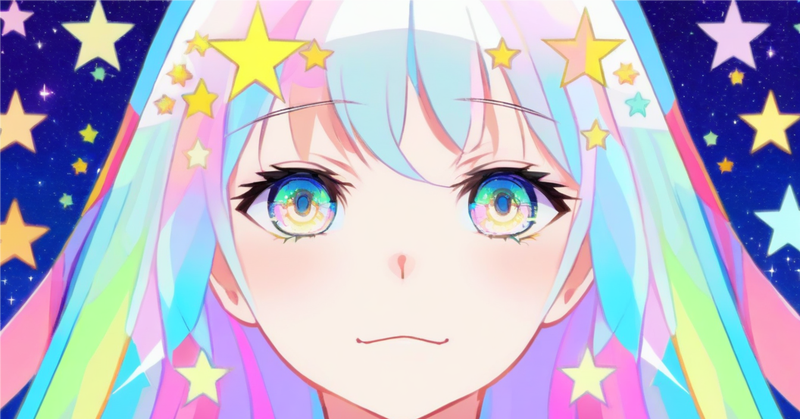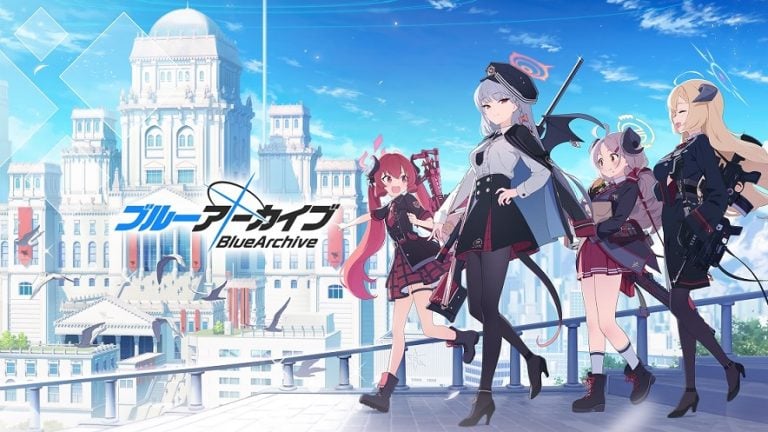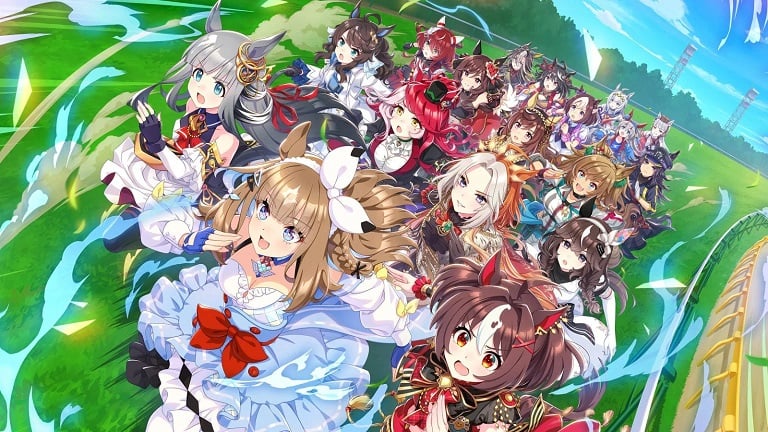The ethics of AI technology in the art world have been a rather controversial topic in the past few years, with the emergence of various generative AI creation tools being criticized for infringing on the copyrights of artists. Japanese developer AI Picasso launched Emi (Ethereal master of illustration), a “clean” AI art generation tool on September 25 for free commercial use.
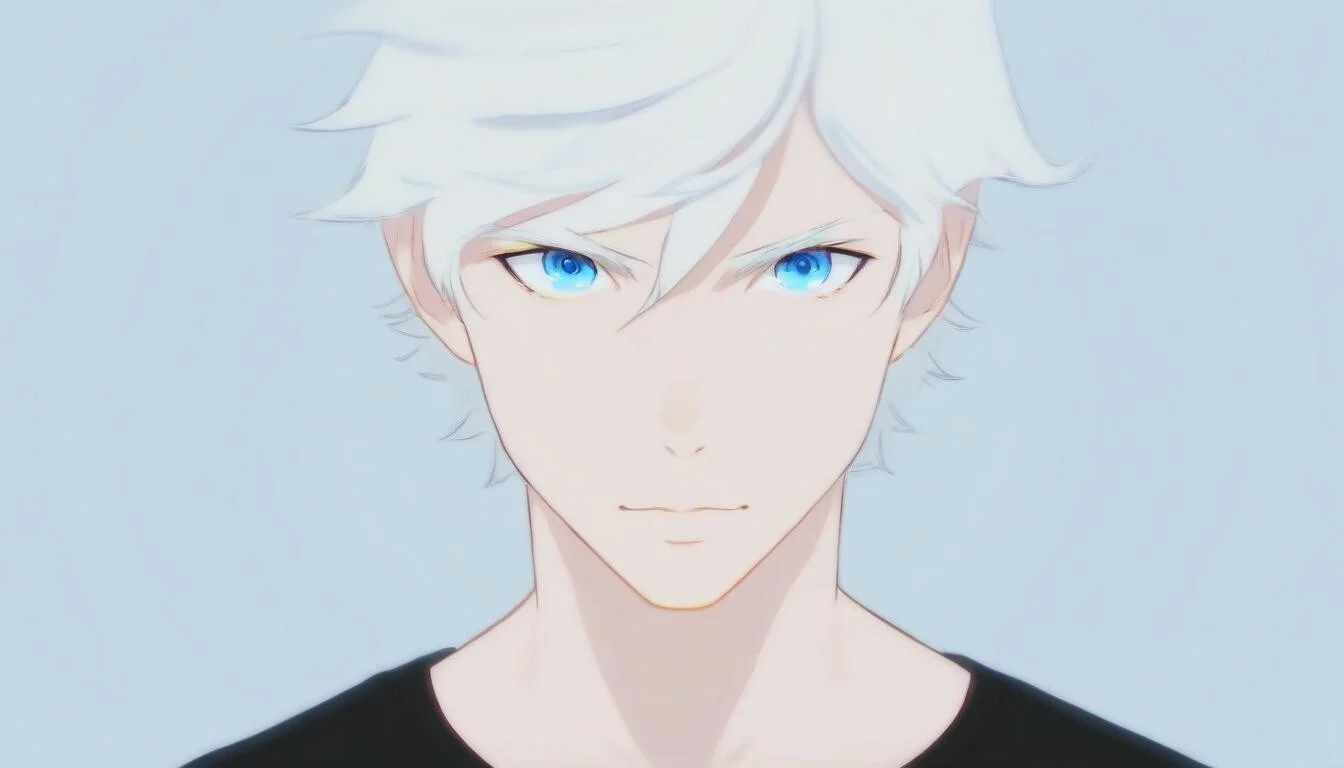
Emi, Ethereal Master of Illustration, is a free image-generating tool that supposedly doesn’t use unauthorized images in its machine-learning process. Training or machine learning for AI image generators involves creating a database of different images to teach the system how to generate new ones. Unlike many other AI image generators that indiscriminately use copyrighted images in their machine-learning process, AI Picasso claims that their AI is trained exclusively on public domain images and those authorized for machine learning by the copyright holders. According to the image generator’s website, “Emi (Ethereal master of illustration) is an AI art-focused image generation AI developed by AI Picasso which uses the cutting-edge equipment H100 and the text-to-image model Stable Diffusion XL 1.0. One notable characteristic of this model is that it does not use illicitly reposted images from platforms like Danbooru for training.”
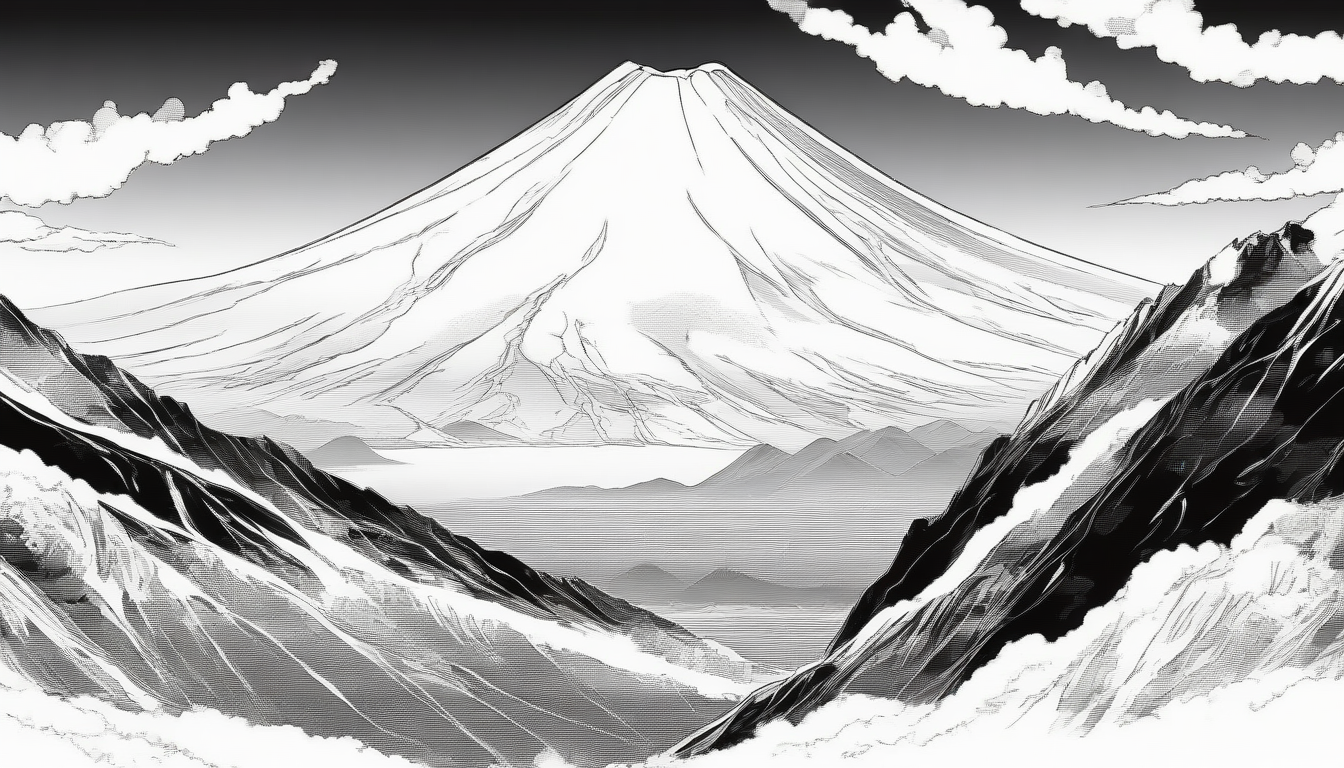
Danbooru is an online imageboard where works of anime-style art, most of which are subject to copyright, are reposted and assigned detailed tags that describe their contents. Popular imageboard sites can contain millions of images, and the detailed identifiers make them an ideal source for AI to learn from. However, since many works are posted on these sites without the copyright holder’s permission and with no indication about whether they consent to machine learning, there are ethical and legal concerns involved.
Emi uses Stable Diffusion XL 1.0 (SDXL), an AI image generation model specializing in creating detailed, photorealistic images, and has a CreativeML Open RAIL++-M license, which allows images created by the generator to be used commercially. In addition to having an Open Rail license, the generator’s Manga Diffusion model is trained solely on public domain images and supplemented with the Manga 109s dataset, which was obtained with permission from the copyright holders.
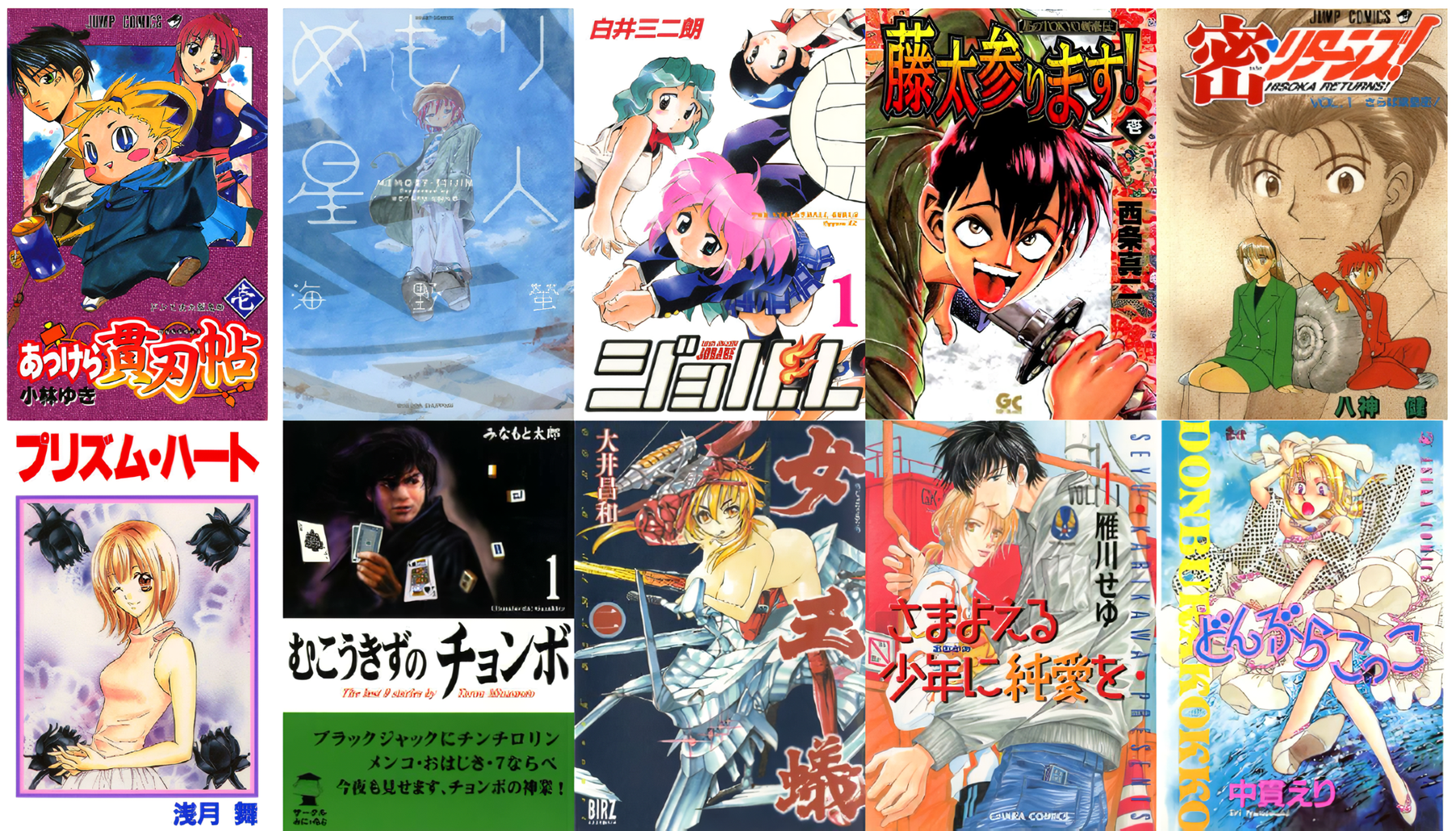
Manga109 is a database of 109 volumes of Japanese manga, accumulated for the purpose of academic research on media processing. According to the database’s site, “The permission for use of the Manga109 dataset is granted by the authors of each of the works contained in the dataset, under the condition that it will be used for academic purposes at non-profit organizations, for research-related uses such as experiments and publishing academic papers. Also, among the 109 works contained in the dataset, for 87 works, permission is granted for commercial organizations.” With the use of the manga database license, it seems that Emi is able to ethically use the work of artists in its image creation.
While the issue of copyright infringement has been a concern for many in the art industry, other problems such as the potential loss of jobs also have many creators feeling uneasy. Generative AI is such a powerful tool that some individuals believe that it can replace many of the jobs humans do in art-related fields. One such example is the fear that manga assistants may lose their jobs that arose from the introduction of a manga-making AI (Related article).
In the sense of protecting artists’ copyrights, projects such as Emi may be a step in the right direction for AI. Emi was released as a free-to-use tool for both commercial and non-commercial use. A demo is also available. The developers emphasize that the tool is in accordance to Japanese law.

